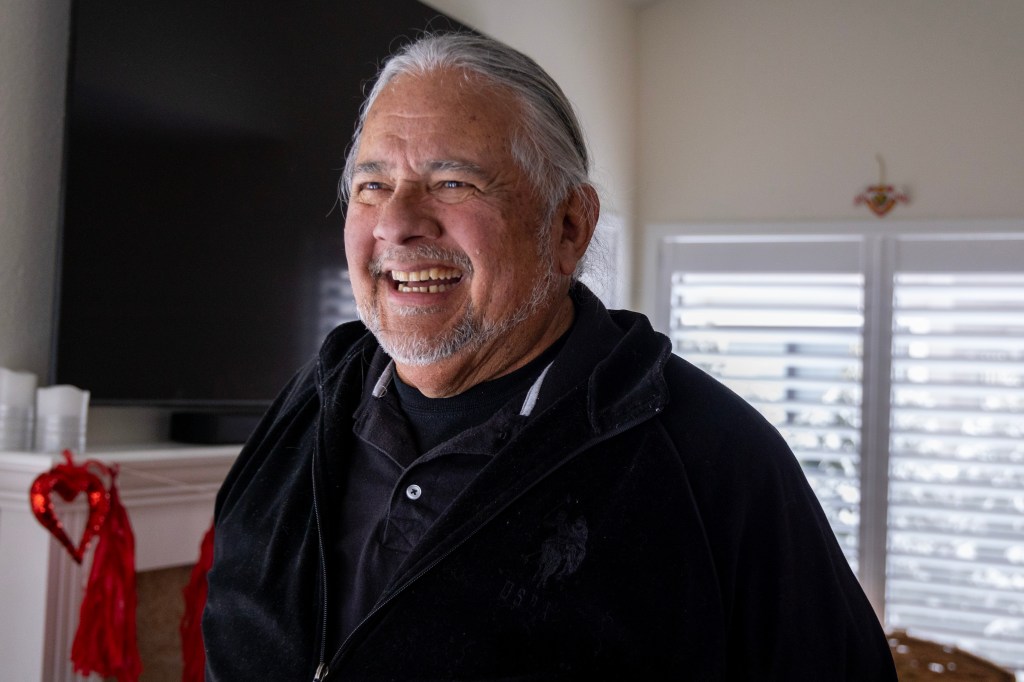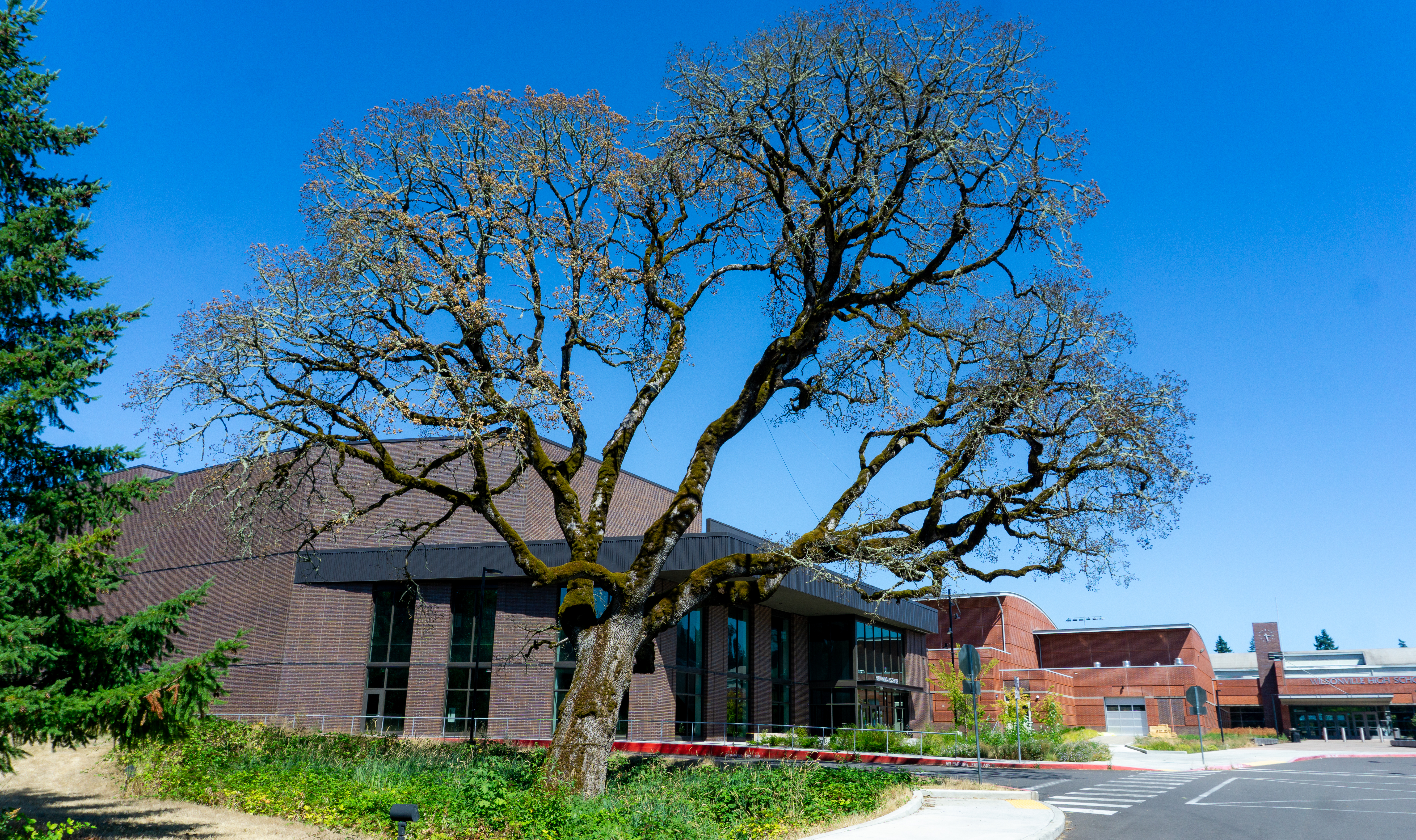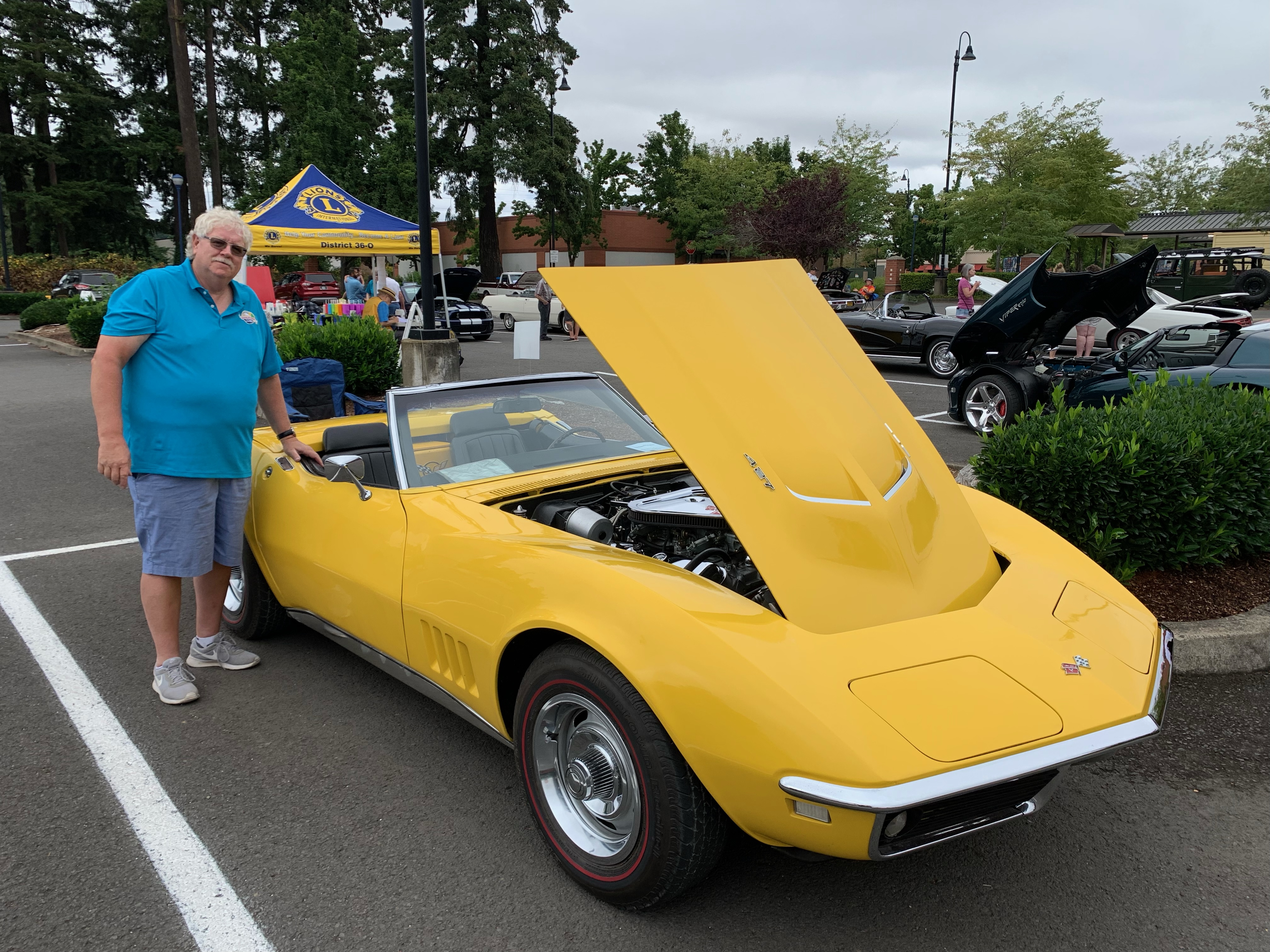Charbonneau resident’s upcoming book will detail how AI can improve dementia care
Published 11:51 am Wednesday, February 19, 2025

- Dr. Armando Arias who lives in Charbonneau has co-authored a new book, 'AI: Global Solution for the Dementia Crisis.' (Staff photo: Jaime Valdez)
Armando Arias, a new resident of Wilsonville’s Charbonneau neighborhood, is interested in the “science of science.”
An academic with a Ph.D in social psychology, Arias is fascinated by the methods scientists use in their work. In his career, he helped airplane builders improve collaboration and then assisted in the founding of new universities. Arias officially retired 2023 and has since turned to authoring books.
For the past year, he has used knowledge gained from previous experiences to co-author a book focusing on the impacts of AI on research and care for dementia.
Trending
Set to publish next month with an English and Spanish version, “AI: Global Solution for the Dementia Crisis” will explore topics like predictive diagnostics for dementia, personalized care and health care equity. Arias is already working on another book discussing how AI models can help map brain activity prior to thought — information he said neuroscientists can use to improve quality of life for those with dementia.
Arias wants the books to help those with dementia, like his mother, who was diagnosed around 15 years ago.
“On a personal basis, I’m doing this to make her feel good,” Arias said.
After his mother’s diagnosis, Arias said he observed how she lived with the disease over time and attended regular psychiatrist assessments, taking mental notes. He then worked with a research team to make a model of a brain with dementia. Recently in their work, they unintentionally began a brain map of the “pre-thought.”
“We’re in search of creating a real-time map that would allow neuroscientists to make minor adjustments in the brain so that people with dementia … (can) lead a happier end of life,” Arias said.
This will be the topic of his next book, which he said will cover “how we captured the pre-thought, and what that means, and what it means to people with Alzhemiers, dementia, cancer.”







